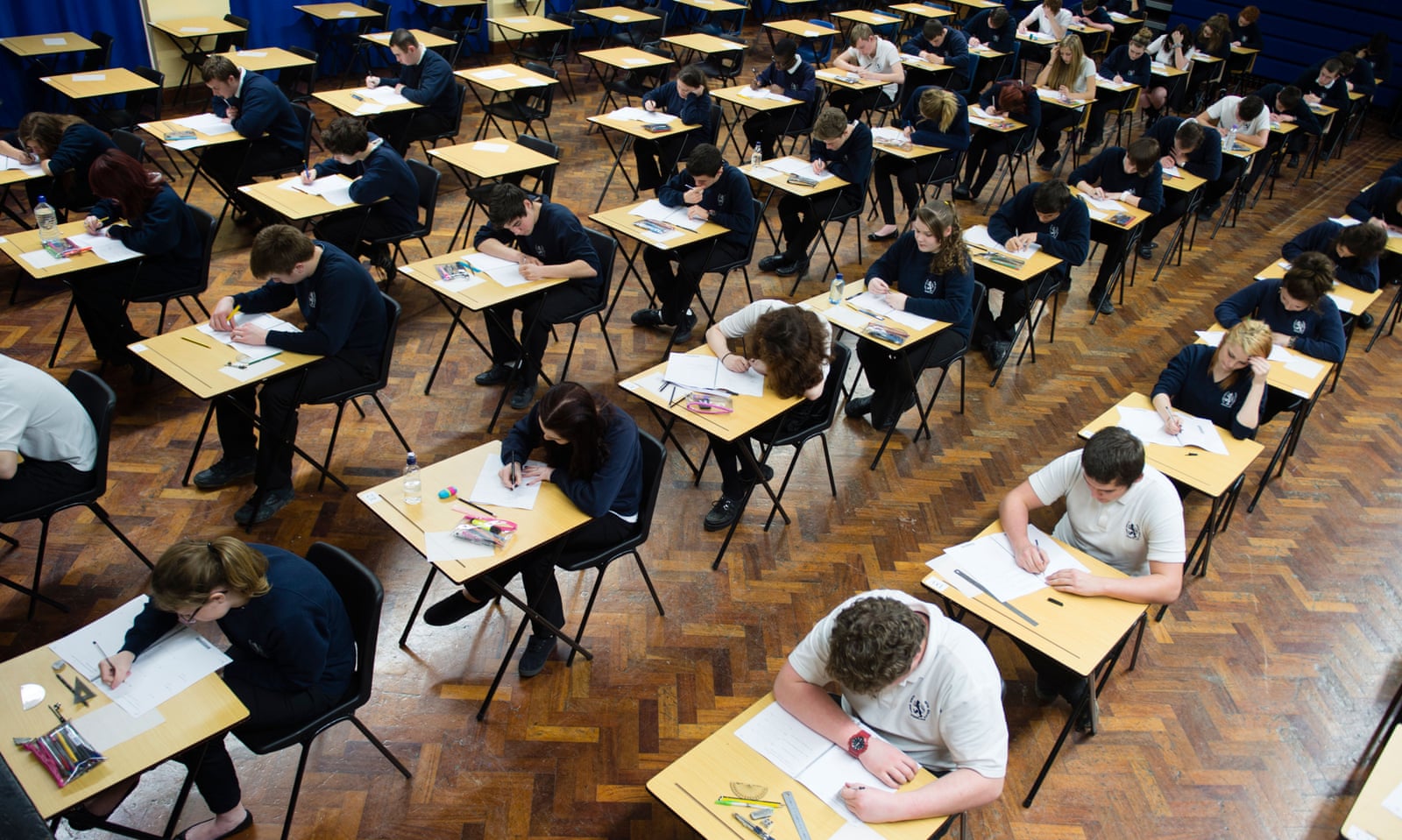Strategies for High School Students to Cope with Academic Stress

Coping with academic stress is crucial for high school students to maintain their well-being and academic performance. Here are some strategies that can help students effectively manage and reduce academic stress:
1. Time Management: Developing good time management skills can alleviate academic stress. Students can create a schedule or use a planner to prioritize tasks, set realistic goals, and allocate time for studying, assignments, and extracurricular activities. Breaking down tasks into smaller, manageable parts can make them feel less overwhelming.
2. Organizational Skills: Staying organized can prevent last-minute cramming and reduce stress. Students can use folders, binders, or digital tools to keep track of assignments, due dates, and study materials. Maintaining a tidy study space can also enhance focus and productivity.
3. Effective Study Techniques: Adopting effective study techniques can improve learning efficiency and reduce stress. Students can experiment with various methods such as creating study guides, using mnemonic devices, practicing active recall, and breaking study sessions into manageable chunks with regular breaks.
4. Seek Clarification and Support: If students are struggling to understand the material or have questions, it is important to seek clarification from teachers, classmates, or tutors. Asking for help when needed can prevent stress from escalating and promote a better understanding of the subject matter.
5. Practice Self-Care: Taking care of physical and mental well-being is essential in managing academic stress. Students should prioritize regular sleep, exercise, and a balanced diet. Engaging in activities they enjoy, such as hobbies, spending time with friends and family, or practicing relaxation techniques like deep breathing or mindfulness, can help reduce stress levels.
6. Breaks and Leisure Time: Incorporating regular breaks into study sessions is crucial for maintaining focus and preventing burnout. Students can schedule short breaks to engage in activities they enjoy, such as taking a walk, listening to music, or pursuing a hobby. Allocating leisure time helps maintain a healthy balance between academics and personal interests.
7. Avoid Procrastination: Procrastination often leads to increased stress levels. Students should aim to start tasks early and break them into smaller, manageable portions. Setting realistic deadlines and holding oneself accountable can help overcome the tendency to procrastinate.
8. Create a Supportive Environment: Surrounding oneself with a supportive network can alleviate academic stress. Engaging in study groups, forming peer support systems, or seeking guidance from teachers, counselors, or mentors can provide encouragement, motivation, and assistance when needed.
9. Positive Mindset and Self-Talk: Adopting a positive mindset and using positive self-talk can help students manage academic stress. Encouraging oneself, focusing on progress rather than perfection, and reframing negative thoughts can alleviate anxiety and promote a healthier approach to academic challenges.
It is important for students to find the strategies that work best for them individually. Experimenting with different techniques and seeking support from trusted individuals can empower students to cope effectively with academic stress and maintain a healthy balance in their lives.



